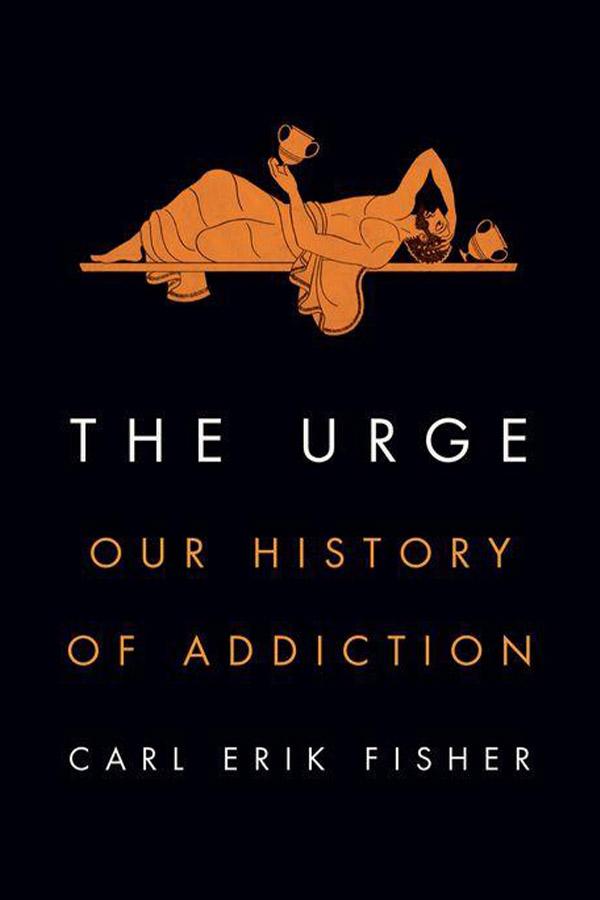Addiction psychiatrist and bioethics scholar Carl Erik Fisher, M.D., chats with Trey Elling about THE URGE: OUR HISTORY OF ADDICTION. Questions include:
- When and why did the word ‘addiction’ come to be? (2:09)
- How did the ancient Greeks think about addiction? (3:39)
- Why is a period from around 1500-1800 known as the “psychoactive revolution? (5:33)
- Why were women supposedly spontaneously combusting in mid-18th century London? (8:10)
- When and why did the concept of temperance shift from moderation to total abstinence? (15:12)
- Why did America’s first opioid epidemic fire up in the mid-1800s? (17:46)
- Who was Margaret “Marty” Mann, and what was her importance to Alcoholics Anonymous? (24:05)
- How did the pharmaceutical industry respond to the learned addiction potential of amphetamines following their heavy usage by US troops in WWII? (29:46)
- Did Nixon’s “War on Drugs” really begin with a therapeutic focus? If so, why did it change? (38:57)
- Why did a US senator warn of the addiction treatment field becoming an “alcohol and drug industrial complex” in the mid-1970s? (43:16)
- What does pop culture get wrong about dopamine’s role with addiction? (45:18)
- Do interventions typically help those struggling with addiction? (48:57)
- How might harm reduction help with addiction? (51:10)
- Does drug decriminalization or legalization help with addiction? (53:37)
